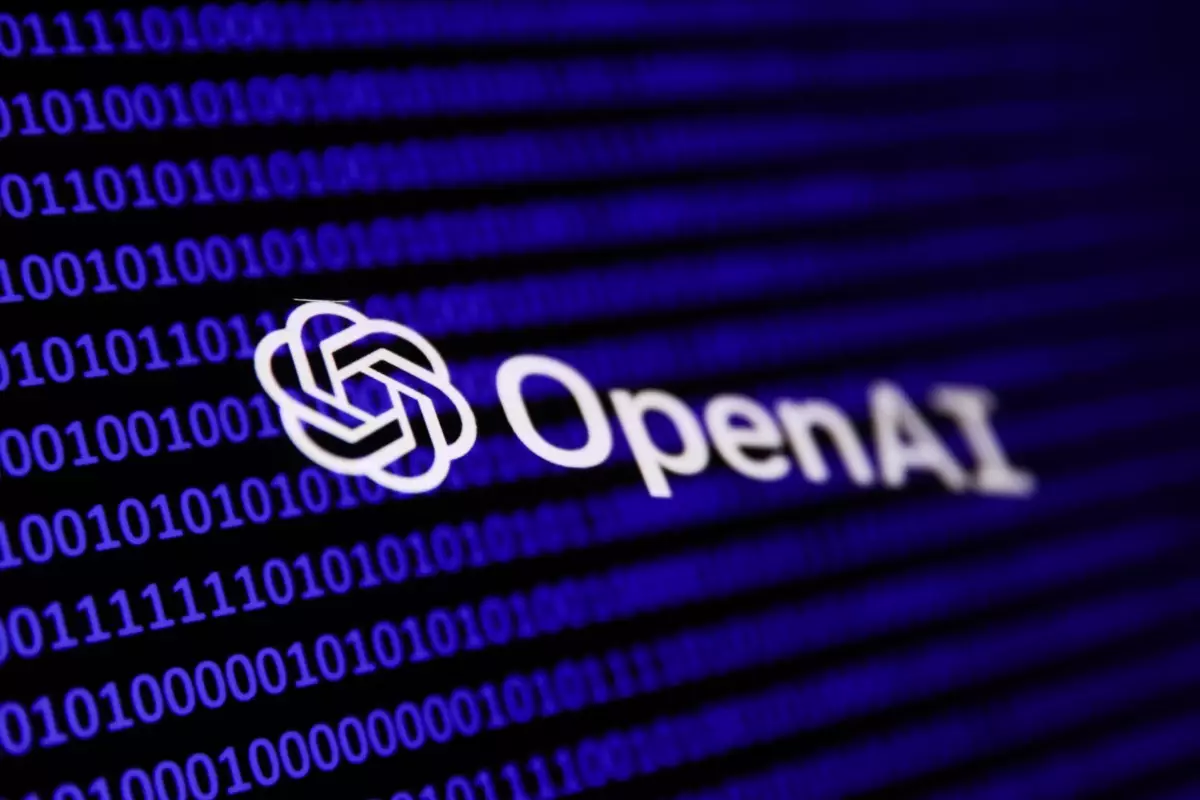The recent death of Suchir Balaji, a former AI researcher at OpenAI, has sent shockwaves through the tech community. Found lifeless in his San Francisco apartment at the young age of 26, Balaji’s story is more than just a tragic headline; it highlights the pressing issues of mental health in the demanding world of artificial intelligence and the ethical dilemmas surrounding emerging technologies. Balaji’s struggles with his former employer’s practices raise questions that extend far beyond individual experiences, touching on broader societal implications.
Balaji’s career took off when he joined OpenAI, a company known for its ambitious projects in artificial intelligence. His early days at OpenAI saw him contributing to significant initiatives like WebGPT, a prototype designed to better harness web search capabilities. However, as Balaji delved deeper into the company’s work, he began to experience discomfort with OpenAI’s approach to intellectual property and copyright law. He articulated his concerns in an interview with The New York Times, questioning the ethical implications of using copyrighted material to develop generative AI models.
Balaji’s worries were not unfounded; the ongoing litigation against OpenAI by major media organizations, including The New York Times, underscores a critical debate about the boundaries of fair use in AI technologies. Balaji felt that the way OpenAI trained its models might infringe on copyright laws, an issue that led him to resign from the company after nearly four years. His unique insights highlighted a tension between innovation and legal frameworks, as well as repercussions for content creators.
Balaji’s death has reignited discussions around mental health within the tech industry, particularly its high-stress environment that often emphasizes relentless productivity. Reports indicate that many employees in the technology sector grapple with mental health challenges, exacerbated by long hours and intense pressure to perform. Balaji’s tragic fate has prompted a call for companies to prioritize mental well-being and foster a culture where employees feel safe to express their concerns, both about their personal struggles and the ethical implications of their work.
Indeed, several former employees of OpenAI have reportedly raised alarms about the company’s safety culture. The stark reality is that in the race to innovate, mental health often takes a backseat. Balaji’s case amplifies the urgent need for organizations to implement comprehensive mental health resources and create open channels for discussing workplace challenges.
The ethical landscape of generative AI is fraught with challenges as companies like OpenAI continue to push the boundaries of what is possible. Balaji’s concerns about OpenAI’s use of copyrighted material echo a broader issue facing the tech industry: the morality of leveraging existing content to create new, potentially competing products. This raises pertinent questions: Should generative models that mimic human creativity be subject to the same copyright laws? How do we protect creators while fostering innovation?
Balaji’s late-found skepticism towards generative AI was significant as it epitomizes an important narrative in tech—recognizing the potential consequences of pioneering new methodologies without fully understanding their ethical and legal implications. His advocacy for a more vigilant approach to copyright in AI development reminds us of the need for transparency and accountability in the field.
The Impact of Balaji’s Legacy
In the weeks following his death, messages of sorrow and gratitude poured in from colleagues and peers who recognized Balaji’s contributions and influence. Social media became a platform for mourning not just a talented researcher but a passionate advocate for ethical practices in AI. His legacy, therefore, is not merely one of personal tragedy but also of a resonant call for critical conversations around mental health and the responsibilities of tech companies.
As the field of artificial intelligence continues to evolve, Balaji’s story serves as a reminder of the human dimension behind technological advancements. It underscores the importance of prioritizing mental health and fostering discussions on ethical practices. In the wake of such discussions, organizations must reconsider their operational frameworks to ensure they not only push the boundaries of technology but do so with respect for the human element involved.
Suchir Balaji’s unfortunate passing is a tragic chapter in the narrative of artificial intelligence. It compels us to reflect on the intersection of technology, ethics, and mental health. As we carry forward his legacy, let us advocate for healthier work environments and challenge the ethical implications of how AI is developed. Balaji’s life may have ended prematurely, but his insights should inspire ongoing dialogues that prioritize compassion, responsibility, and ethical innovation in the ever-evolving landscape of technology.

